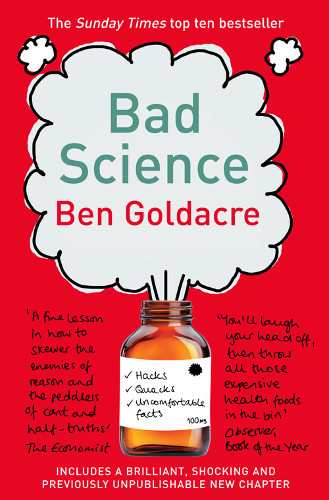
The Simpsons and their Mathematical Secrets
5th February 2014
Simon Singh's book on Fermat's Last Theorem was one of the triggers when I was a teenager that led me to studying mathematics at university. With this book he returns to the world of maths, explaining various principles, ideas and theorems using events from episodes of TV series The Simpsons as launching points.
It's very different from his Fermat book, and from The Code Book, in that there isn't a narrative the flows through the book, each chapter can be read alone and covers a separate idea. As a mathematician, there was little new, although it was interesting to read the mini-biographies of the writers behind the Simpsons (and Futurama) and there were some fascinating things that I'd not read about before.
The book is well written for an audience that doesn't have a background in maths, and uses The Simpsons well to explain a variety of mathematical ideas in an easy to understand manner - there's nothing here that you'd need more than a basic knowledge of numbers to follow at least the principles of, and I think it will easily pique the interest of younger readers just as his earlier book did for me.































